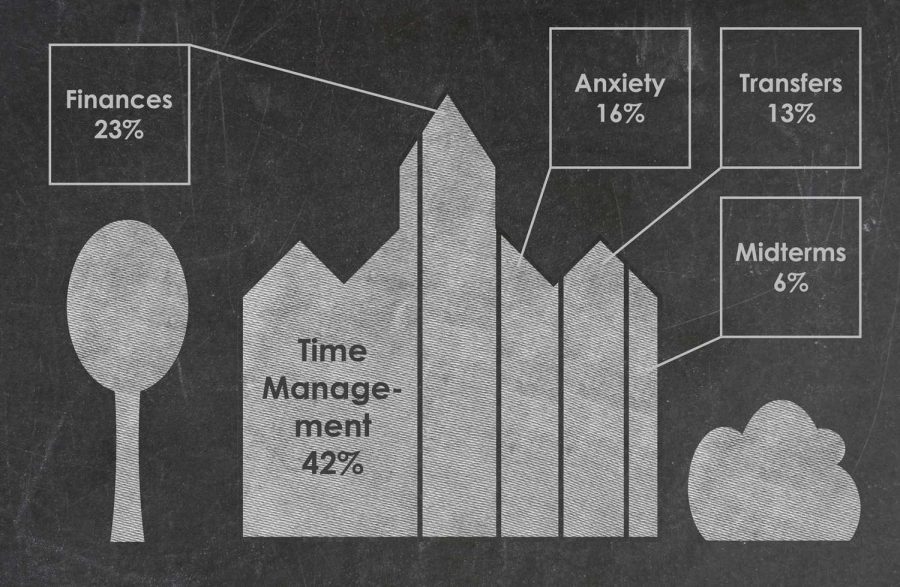As our country struggles to overcome this recession, one area where it should not be cutting back is education. “Education pays in higher earnings and lower unemployment rates” is a slogan that is posted on the U.S. Department of Labor’s Webpage. http://www.bls.gov/emp/ep_chart_001.htm The Website posts a chart that compiles data collected in 2010 illustrating both the unemployment rates and average weekly earnings of full-time wage and salary earners.
At the same time, the U.S. Department of Education’s blog from December 2010 reports that the “latest scores of the world’s 15-year-olds…show the United States is merely an average performer.” http://www.ed.gov/blog/2010/12/international-education-rankings-suggest-reform-can-lift-u-s/
The Department of Labor’s findings suggest that education is essential for economic health. The Department of Education’s research demonstrates that on a global level, U.S. kids are at the median. Taken together, kids in our country face an economically depressive future since globalization allows many companies to hire their employees wherever they wish.
Lack of supreme education in our nation and limited knowledge on how to perform occupational duties will continue to give employers further justification for shipping jobs overseas. That is in addition to cheaper labor. Decades ago, manufacturing jobs began to be relocated to foreign countries because wages and benefits cost less there. Detroit, “the Motor City” where the first car with a combustion engine, the Ford Model-T, was invented, has seen many its home-grown automobile companies move manufacturing overseas. Hewlitt Packard, the American-born computer company, produces its goods in foreign countries.
In addition, some customer service jobs have been transported out of the country. Target Online employs customer service representatives in several overseas countries. One Target customer service representative said she was in the Philippines and that there are call centers in “India and some other countries.” Evidently it is cheaper to maintain a toll-free line that travels the world than employ customer service representatives in the States.
Thousands of U.S. companies have pledged their allegiances elsewhere, including AT&T, America Online (AOL), Bank of America, and many others. A comprehensive list of companies that have shipped jobs overseas can be found on a CNN webpage at http://www.cnn.com/CNN/Programs/lou.dobbs.tonight/popups/exporting.america/content.html
The exportation of manufacturing jobs and customer service jobs leave the younger generations of our country with limited options. For employment that may not require much education, such as a telephone customer service position, there will be few opportunities. Careers that do require a more advanced education and/or skill, such as manufacturing, will continue to be offered less in the United States, especially if our population cannot meet the basic requirements for the job.
Failing to invest in the future of our country may be financially beneficial for our country in the short-run, but it will in the future trigger an economic disaster. Exporting manufacturing as well as telephone and online customer service jobs overseas limits occupational choices for Americans. There will always be a need for doctors, restaurant employees, and other face-to-face encounters that require a human being be present. But what classes and careers should students choose when entering college, especially when their choices are being eliminated by budget cuts?
According the U.S. Department of Education’s blog, even if college students are able to freely choose a desired career, they will be behind many other countries on academic levels. In a global economy where corporations can choose where in the world they want to house their operations, it is a double-whammy against U.S. citizens that any company can hire overseas labor who not only work at cheaper rates, but are also better qualified.









